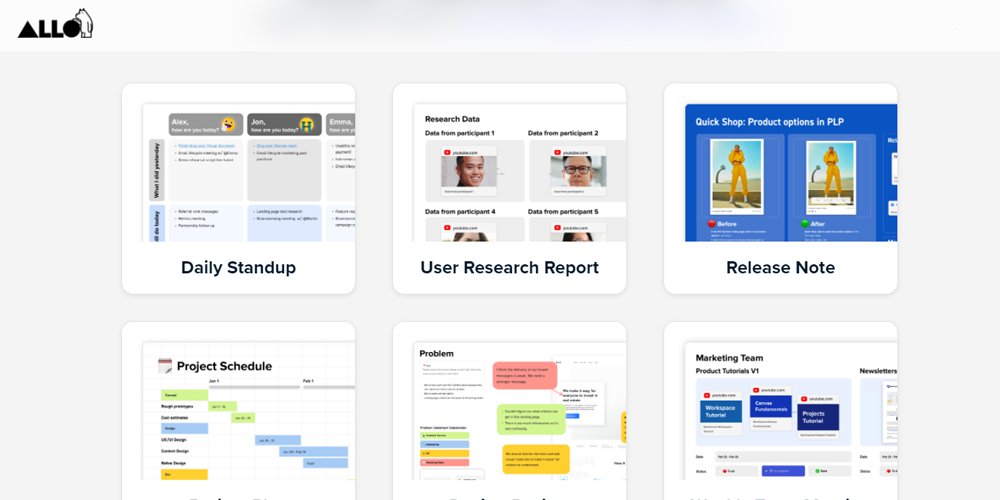Congress gets back to business
Congress returns to session this week with a lot of unresolved issues on the table that impact the tech scene, but Austin isn’t like every other startup hub, so we ask the experts what issues will be uniquely relevant to the Austin tech scene.
Before we hear from the experts, let’s catch you up – here are the issues on the table that most impact the entire tech sector:
- CISA (Cybersecurity Information Sharing Act) failed last year, but a recently amended version passed the Senate Intelligence Committee last month, and that version has Obama’s support. Privacy advocates say the pressure is pushing politicians to hastily pass a bill to appease critics, and that it allows this much information sharing would be a governmental overreach. CISA advocates, of course, argue that tech companies sharing this type of information is critical to our nation’s security.
- Patent reform seeking to limit patent trolling will be addressed at a hearing on Tuesday after being killed last session. Specifically, the Innovation Act is on the table, requiring an improved discovery process and requiring lawsuits to have more detail about what infringement is actually occurring. This is one rare tech topic wherein the tech world sides with Republicans, and with both houses under their control, reform looks like a pending reality.
- Surveillance reform is somewhat possible as Section 215 of the Patriot Act (allowing NSA to collect phone call records in bulk) concludes this summer, but no real reformation has been proposed (but the debate is heating up). This may take shape as CISA is resolved, but it’s all up in the air right now.
- Net neutrality will continue to be a focus of this session, as the FCC recently filed its net neutrality order to the Federal Register, and once published will allow legal challenges from opponents. Several telecom companies have already filed lawsuits which will likely be dismissed for being filed prematurely, but it offers a glimpse into what their arguments are. Fully 60 days after the Federal Register publishes the filing, the rules will go into effect (unless the lawsuits halt progress).
- Coypright reform is another possibility as questions surrounding appropriate damages for copyright infringement, as well as the scope of safe harbor for user-generated content. This reform is not specifically for the music industry as most headlines demand, but wildly important for any tech company, especially for digital media companies.
- Immigration reform is said by some to have not gone far enough, and many in the tech industry believe that while helping those with H-1B visas (high-skilled visas) to more easily change jobs, but critics feel that the barriers remain too high and our nation is not as competitive as it could be if it attracted more highly skilled workers internationally.
Q Manning, CEO of Rocksauce Studios astutely notes, “Regardless of any big government/small government stance someone may have, the biggest issue facing tech via Congressional legislation, is the continued slow-moving, grid-lock prone way in which Congress acts. Tech is always evolving, and while any version of CISA, Patent Reform or any other technology legislation may work for today – the concern is they won’t work for tomorrow, and Congressional inaction will keep a bad rule in place too long.”

Patent reform is a huge issue in Austin
Dr. David Altounian, Assistant Professor of Entrepreneurship, Munday School of Business, St. Edward’s University cites patent reform as that most critical for Austin. “The issue of patent reform isn’t just around the rights regarding intellectual property, it’s also about the power of money,” he notes. “In Austin we have a large number of young, innovative companies which typically have limited resources to begin with and the threat of patent lawsuits can be a significant drain on company resources.”
“Patent litigation or even the threat of litigation has become a powerful weapon in the arsenal of companies that have access to significant legal or financial resources,” Dr. Altounian said. “Patent abuse reform is needed to ensure that the patent system is used to protect intellectual property owners’ rights and not as a method of economic attack against innovative startups.”
Manning observes, “Patent Reform is a necessity, but it must be done right. Requiring specifics, rather than broad concepts, is a necessity. However, the reality is that as more specific are required, then the less applicable a patent can be.”
Zane McCarthy, Director of Robotics at Borgfest added, “I am in favor of [patent reform] because of the effect of clearing out the court system and hopefully allowing faster turnaround for new patents. Also, trolling stifles innovation.” McCarthy’s sentiment echoed several startup founders we spoke with.
Net neutrality remains a potential pain point for startups
Wade Floyd founded CoachTube.com and says his concern remains net neutrality. “Running a video streaming startup, CoachTube, it would be impossible to compete for speed with the giants tech companies (Netflix,YouTube, Amazon) that can afford to pay for higher speeds to the providers.”
Many startups are in the same boat, looking to serve consumers but may not be able to do so if telecom companies end up getting their way. Manning notes, however, “The FCC’s recent ruling on Net Neutrality was positive, and as the FCC isn’t as subject to political whims or grandstanding; if rules need to be changed, I have faith they will act quickly.”
Yet CISA remains the HOTTEST topic
CISA is a popular topic at tech events in Austin, with many considering the final outcome as it applies to the startup ecosystem. Manning believes that “CISA is worrisome because poorly drafted legislation may appear to protect consumer information, while leaving the door open for completely legal Federal data mining. Cybersecurity is an extremely complicated subject, and Congress hasn’t shown a strong penchant for understanding nuance.”
“Bills passed in haste historically have major problems,” McCarthy commented. “I don’t think another ill considered bill encouraging government data collection is a good idea. As usual we’ll discover the downside too late.”

But what about surveillance, immigration, and copyright reform?
With the experts with spoke with, none implied that surveillance reform or copyright reform are top priorities in Austin, but Manning expressed that it is because in the current political environment, “meaningful Surveillance Reform will be impossible,” since most voters remain unaware of the governments data collection practices, and because the issue can’t be summed up in a brief sound byte, Manning says Americans have chosen to disengage. McCarthy agreed, stating that surveillance reform is critical and must be addressed, but doesn’t believe it will be.
So why is copyright reform less relevant in Austin? Because like surveillance reform and further immigration reform, they’re unlikely. “Copyright reform doesn’t have the pressing need of patent reform,” Manning noted, “and proper awarding of copyrights would require significant manpower on the government side. This means more government spending to hire those individuals, and in an age of record-low government employee hiring, seems like a far-fetched decision.”
Regarding immigration reform, Daniel Senyard, COO of TripChamp remarked, “TripChamp is a UK company that operates in Austin with an executive team made up of an Englishman, an Israeli and two South Africans (myself included) so we clearly value access to unique, international talent. Having the ability to bring in people from outside of the country with the most sought-after skill-sets is paramount to keeping the US ahead of the tech curve.”
“We need to encourage high skilled immigrants to work, live, innovate and settle here,” McCarthy said of further immigration reform. “It is what brought wealth to our nation and is our greatest strength.” Most agree, however, that any further changes to the immigration system are unlikely, particularly leading up to an election year.

Why Austin is different (and reforms may not matter)
Known contrarian and growth hacker, Paul O’Brien explains why Austin’s tech scene is so different from others. “Austin is uniquely situated in all the world with our stone’s throw affiliation with the massive, global economies of Dallas, Houston, and San Antonio. A socially liberal, exploding ecosystem in the heart of traditional Texan values of independence, work ethic, and the boot strapped entrepreneur, Austin’s startup community benefits from the “Weird” counter-culture that is Austin’s history, combined with the “Come and Take It” attitude that served as a catalyst for our economic strengths in oil, space exploration, and tech.”
“What does that mean for us when it comes to the politically charged issues of surveillance, neutrality, and immigration?” O’Brien asks. “We’re going to do it our way.”
“Austinites won’t sit idly by while public policy, ignorant of technology, decides the fate of what’s right for people and our economy,” O’Brien adds. “The creative brilliance of Austin’s film, music, and arts industries will blend with the innovative genius of our entrepreneurs and forge a unique path through the challenges burdening America for little reason more than quagmired public policy. We often wonder with a bit of concern why so many people are moving to Austin; it’s pretty apparent to me, our bi-partisan point of view, our exceptional work economy balanced with it’s idyllic social philosophy, and our passions for education, healthcare, employment, and welfare reform are crafting the future of our economy.”
Lani is the COO and News Director at The American Genius, has co-authored a book, co-founded BASHH, Austin Digital Jobs, Remote Digital Jobs, and is a seasoned business writer and editorialist with a penchant for the irreverent.









































